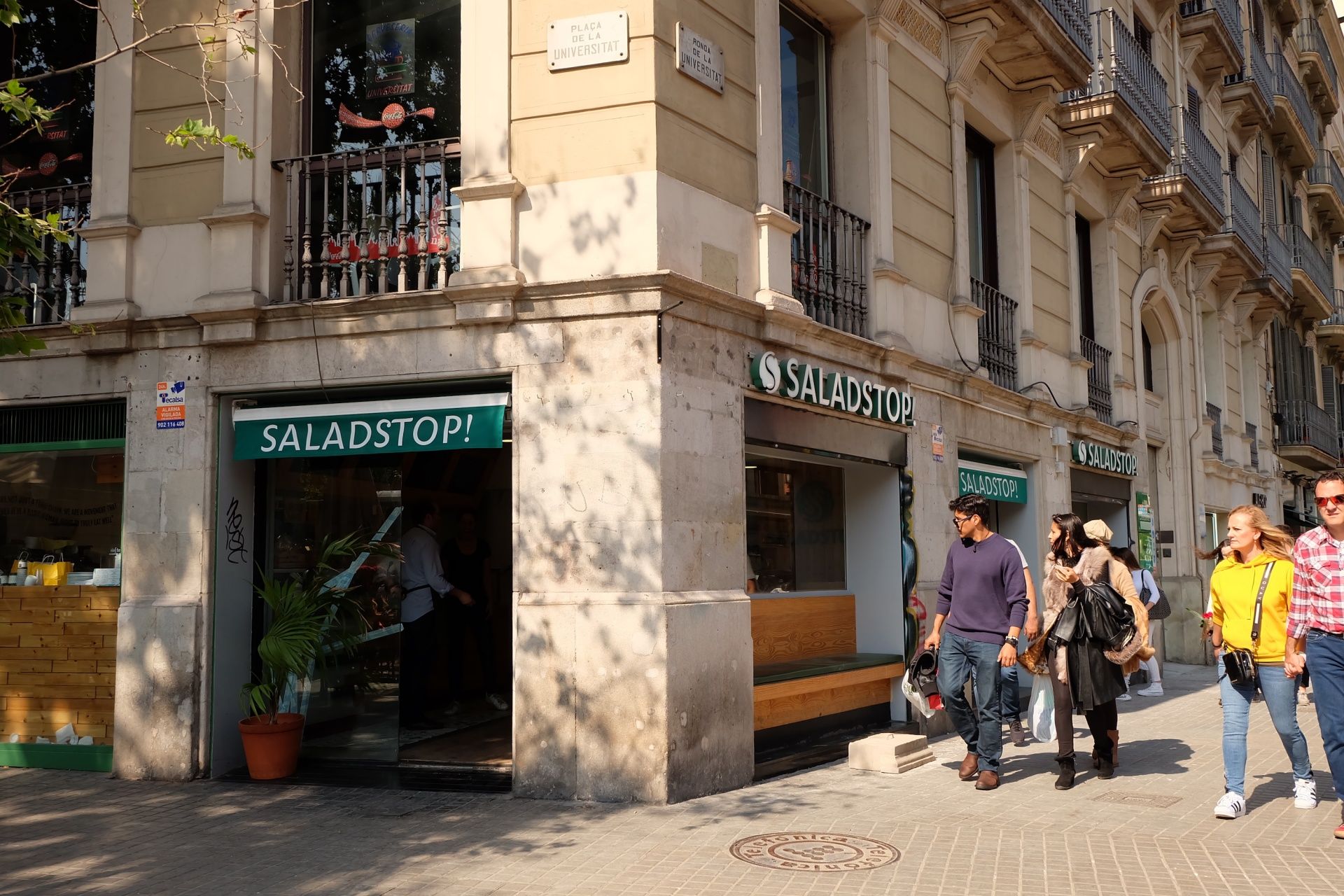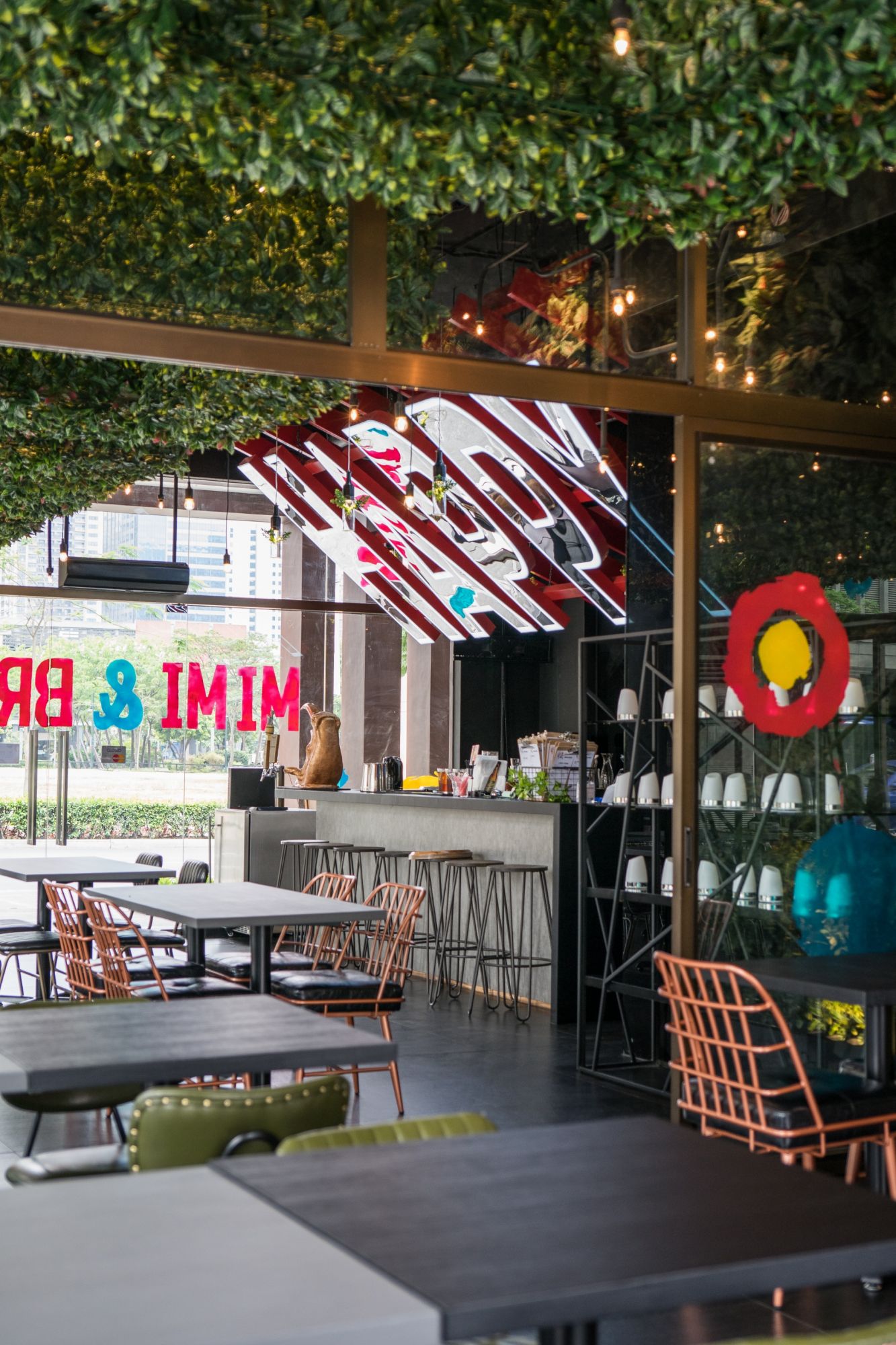
14 Dec Filipino Investor Mica Tan On Innovating And Seeking Opportunities During A Crisis
By: Lauren Golangco | December 14, 2021
Source: Tatler

The co-founder and CEO of Philippine-based private equity firm MFT Group, Mica Tan shares her business strategies for investment and growth
When the world screeched to halt due to Covid-19, the food and beverage industry was one of the hardest-hit sectors. But some companies found opportunities in the uncertainty—private equity firm MFT Group, led by Filipina Gen.T honouree Mica Tan, is one of them.
During the pandemic, MFT Group assisted Singapore-born healthy food chain SaladStop! to open its second branch in Ho Chi Minh City as well as Philippine churros brand La Lola Churrerira to grow its presence in Singapore. It also widened the reach of its own comfort food restaurant Mimi & Bros in the Philippines, even as the country’s government imposed lockdown regulations.
“We create value by taking brands to the next level and this translates to opportunities for better returns,” says Tan. “Our aim is to accelerate the development of these brands across geographies by providing more ideas and attention to different areas of the [food and beverage] industry.”
The entrepreneur shares more on working with family businesses and her growth strategy for new markets here.

A SaladStop! outlet in Spain
MFT Group has helped to bring SaladStop! to Spain and Vietnam and La Lola Churreria to Singapore. How and why were these markets chosen for each brand to expand into?
Besides making sure we have strong partners on the ground, we also selected the markets based on their growth potential. For Asian markets, Singapore has always been a frontrunner economic performance-wise, so it made perfect sense for La Lola to establish a presence there. For SaladStop!, Vietnam shows great promise and its people’s predisposition to healthier food made the country a logical choice.
How would you describe the Philippines’ dining scene?
I would characterise it as “emerging.” I think our love of food, our culture of shared meals and our openness to try new things is what is causing the industry to thrive. MFT’s own brand, Mimi & Bros, leverages on this very Filipino nature of gathering over a shared meal, drinks and laughs, so our strategy is to create a space that is low-key, comfortable and conducive for people to have fun.
We were, in fact, one of the first spots in the Bonifacio Global City (BGC), [a financial and lifestyle district in Taguig, Metro Manila, Philippines], to introduce the concept of a walk-up bar with all of its doors swung open, so people from the area could just come in, grab a quick drink, and go. This set-up was what made us thrive during the Covid-19 lockdown period—we became an oasis in the city.

A SaladStop! outlet in Spain
MFT Group works with many family businesses. Why did it choose to focus on this type of company and how does it decide which businesses to invest in?
Most family businesses have a fairly informal structure, which we see as an opportunity to add value especially when the growth of the business demands a transition of skills and resources to capitalise on opportunities. For MFT, we find partners who match the culture we work tirelessly to uphold across portfolio companies. The search for the right partner is crucial and is often compared to courtship. We are willing to go the extra mile to find synergies between us and a business in terms of values and priorities. And it is through family businesses that we are able to explore the possibilities to empower different generations of leaders to win and move forward together.
How has the pandemic impacted the MFT Group’s investment strategies in F&B?
The past two years have proven that a crisis can drive innovation. For us, the size and concepts of the brands we manage have made it possible for us to navigate challenges and pivot with exigency. We established a multi-period strategy that will lead to different opportunities and we realised that we cannot be slow in embracing digital solutions, which has led us to start exploring with smart kitchens. More than ever, there is an abundance of food choices. The challenge for us is to create new business models that appeal to the consumers we serve while addressing logistical hurdles and shrinking margins.
How do you feel about the future of F&B and where are you looking for opportunities within the industry?
It is encouraging to see that activity in this sector continues to grow despite the ongoing battle against operational challenges. We want to take advantage of many opportunities, focus on building strong management teams and establish a clear market position for each of our brands. We are keeping an eye out for opportunities to rethink F&B real estate and marketing, and revisiting all of our short and long-term strategies.
